Address
Plot No. - M88, MIDC, Ambad, Nashik - 422010, Maharashtra, India
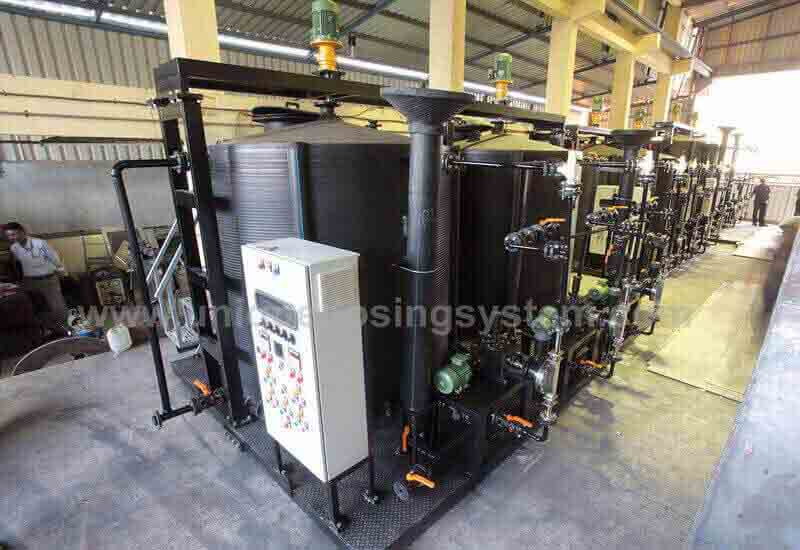
ETP section ETP Section Manufacturers used for R O shops, water treatment factory, cooling palace, and DM factory. ETP is a process design for treating the artificial waste water for its exercise and safe disposal to the terrain. Effluent treatment factory is treating artificial wastewater.ETP is essential to reduce the operation of fresh water in assiduity, to guard terrain against pollution, to cut the expenditure on water procurement, and to clean assiduity effluent and reclaim it.
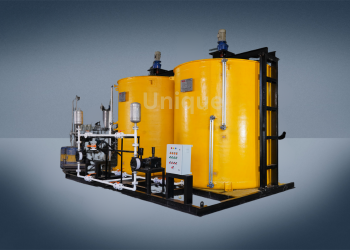
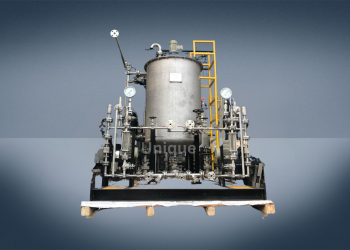
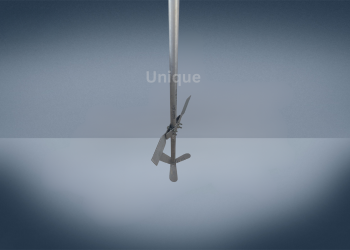
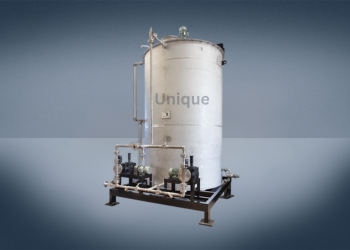
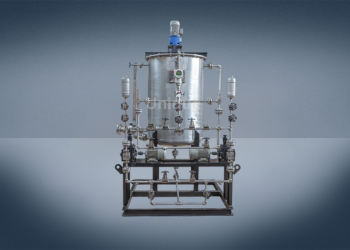
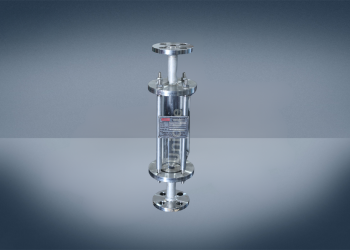
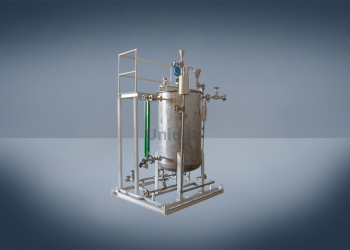
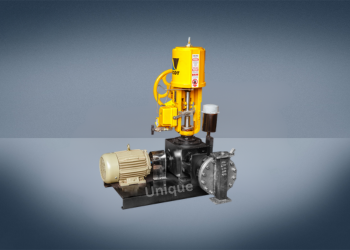

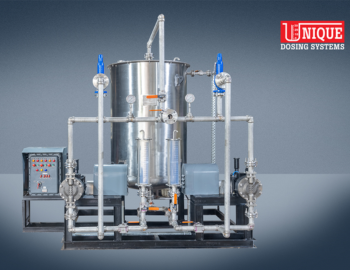
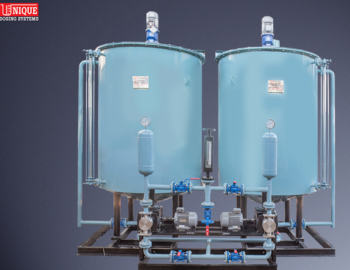
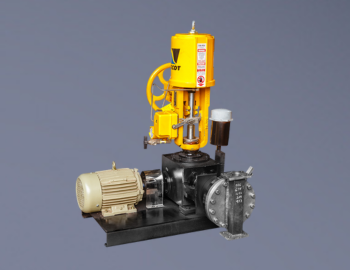
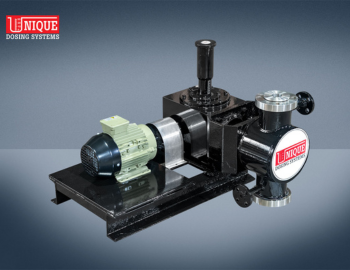
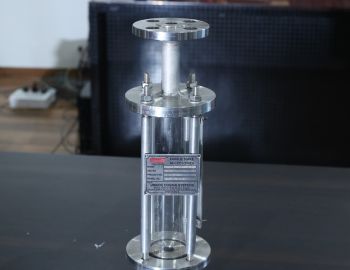
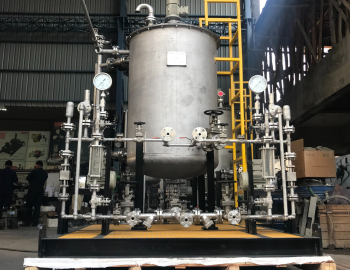
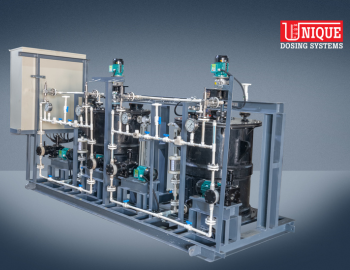
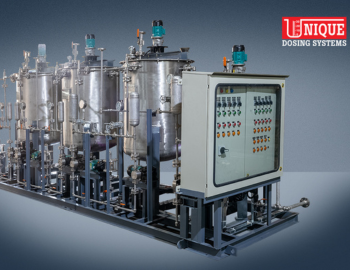
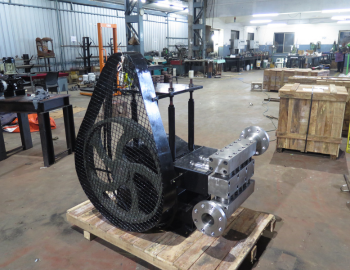
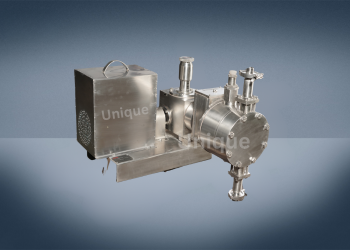
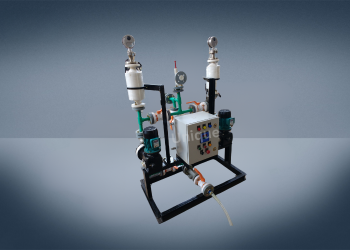
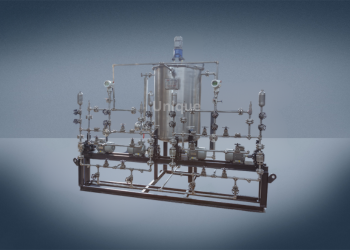
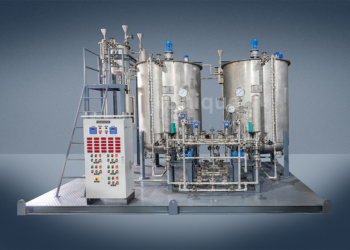
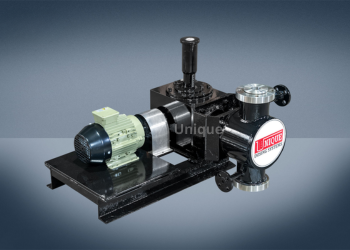
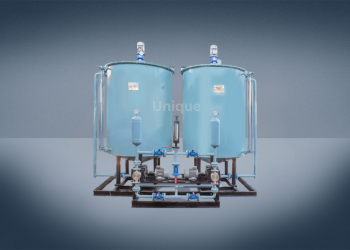
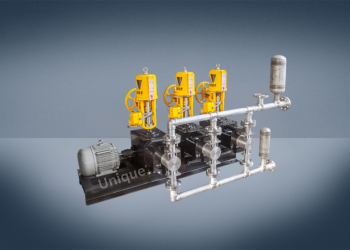
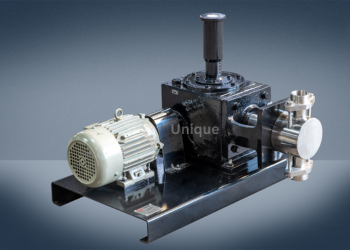

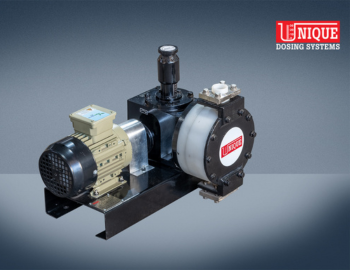
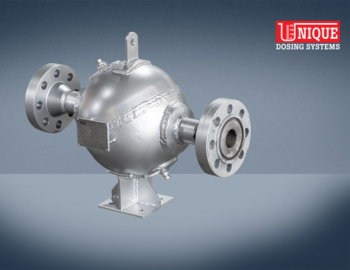
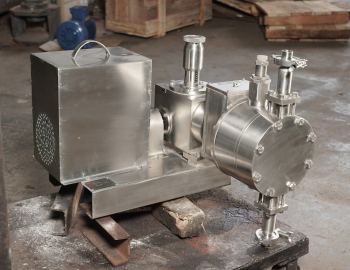
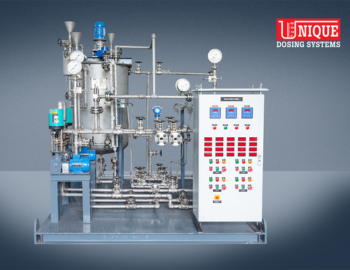
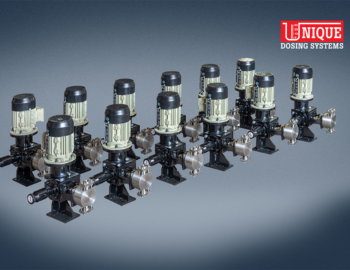
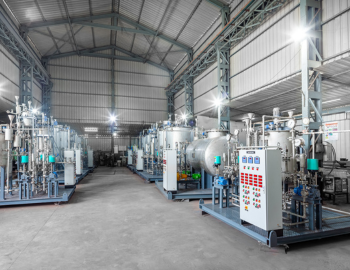
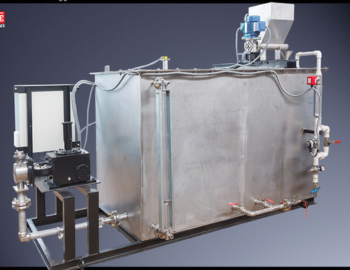
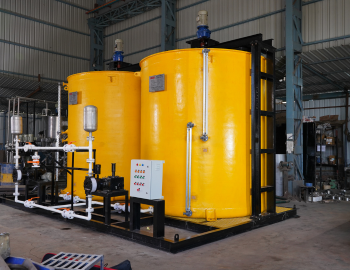
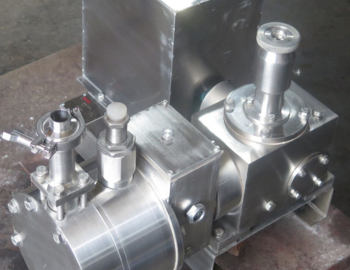
Bring to the table win-win survival strategies to ensure
proactive domination. At the end of the day, going for
ward, a new normal.
+ Country
Satisfied clients
Years experiences
Qualty paramerters
| Dosing Pump | ||
|---|---|---|
| Make | Unique Dosing Systems | |
| Model | UDE-1010, UDE-2020 | |
| Pressure | 4 Kg/cm2, 2 Kg/cm2 | |
| Flow rate | 0-6 LPH, 0-20 LPH | |
| Type | Solenoid operated electronic diaphragm type | |
| MOC for pump body | PE | |
| MOC for head, valves, and contact parts | PTFE/PP | |
| Diaphragm | PTFE coated | |
| Suction and delivery tube size | 4 x 6 MM and 6 x 9.5 MM | |
| Electronic connection | 1-phase, 230 V, 50 Hz | |
| Accessories | Suction and delivery tubing-3 meters, injection valve, wire cord 1 meter for 1-phase connection, O & M, foot valve. | |
| Weight | 44Kg | |